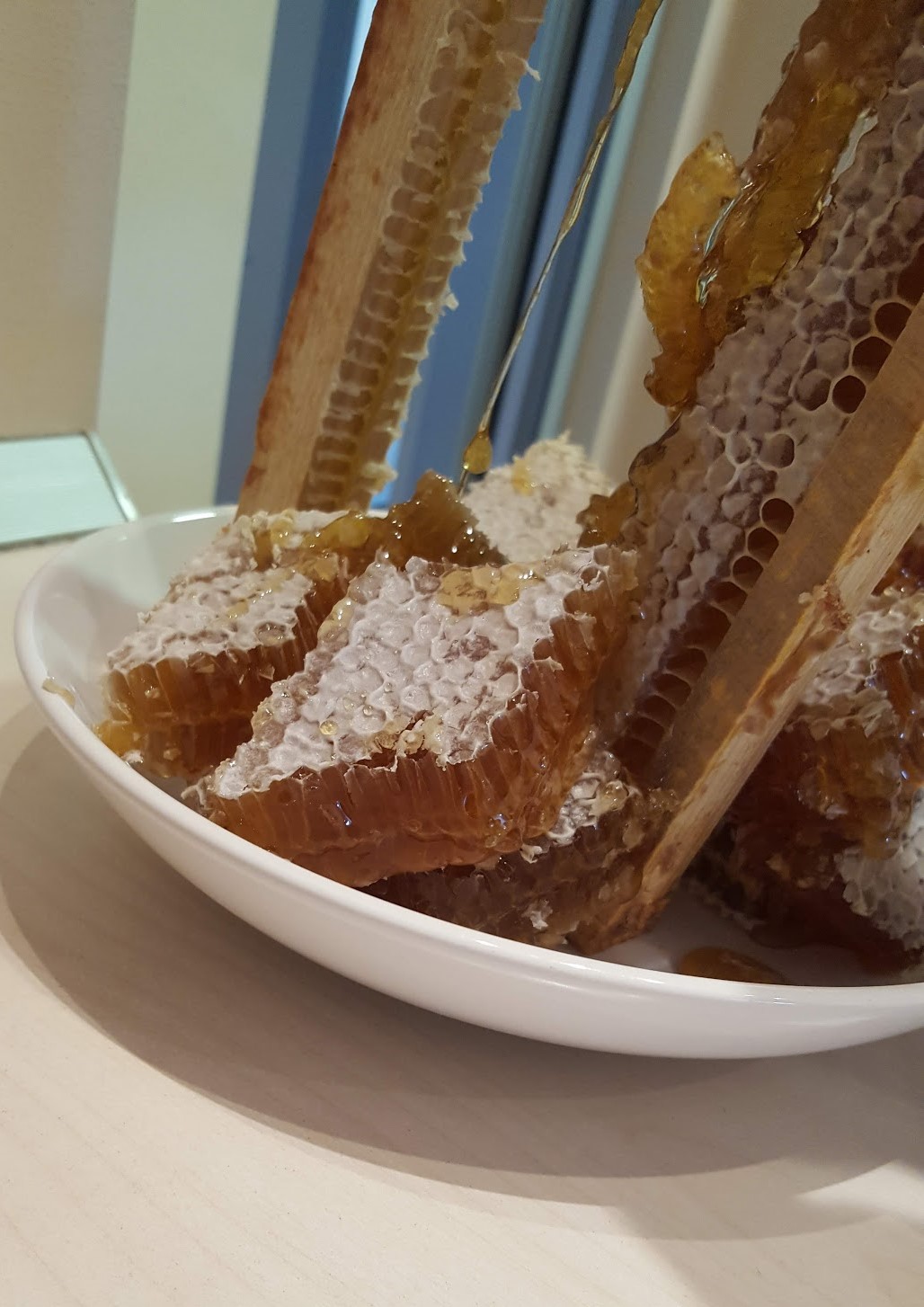We're Not Done Yet
This week is the last week of my internship, but things definitely have not slowed down. Last week, Beth and I met up with Algis to discuss what our final project would be for this internship. He breezed into the Caffeine (the Starbucks of Lithuania) and shook our hands, which is how we start every meeting. After some casual small talk, he threw out an idea. "How about you each write one proposal for the EU Commission?"
That, my friends, is how I became a grant writer. While I had no prior experience in grant writing before this internship, over the course of this summer, Beth and I have been proofreading and editing certain proposals that Algis and his colleagues have drafted for the various organizations that he leads. This has helped me become familiar with the type of language used in these project proposals, and how proposals are supposed to be structured.
The EU Commission periodically calls for grant proposals regarding a number of different topics. Beth is writing a proposal on "Call for proposals for action grants to support transnational projects to enhance the rights of persons suspected or accused of crime and the rights of victims of crime." As for me, I am submitting a proposal on "Call for proposals to prevent and combat gender-based violence and violence against children." Many of the calls for proposals actually cover a wide breadth of issues within the individual call itself. For example, the proposal I am submitting is specifically focused on bystander intervention programs aimed to improve third-party intervention when domestic violence occurs in local communities, which only covers one of the priorities (priority 1.1) listed in the call. The calls for proposals are set up this way so that the various organizations that submit proposals can tackle one overarching issue from many different angles.
In a way, writing a proposal is similar to legal writing. Just like how a partner reviewing a junior associate's memorandum may simply skim the document to find the key point, the EU Commission ministers that are reviewing proposals may only do a cursory glance of each proposed project. Therefore, it is important to make the key takeaways as clear as possible. For a proposal, that means defining the problem, stating the goals of the project, and outlining the "work packages", or the steps that will be taken to accomplish the goal.
Of course, Algis understood that asking us to write an entire proposal during the last week of our internship was an extremely difficult, if not impossible task. Therefore, he asked me to focus on certain parts of the proposal that I could contribute the most to. As such, I am developing a comprehensive description of each Work Package for the proposal, and also anticipating any potential ethical issues that could arise from the project. Having worked on the GDPR compliance guide earlier in the summer, I immediately thought of potential data privacy issues that could arise. It has been really rewarding to continue building on the knowledge that I have gained over the weeks here in Vilnius, and I cannot believe how much we have learned in our short time here.
According to Algis, a big problem in Lithuania is that oftentimes, people are afraid to report domestic violence incidents in fear that they will be viewed as a snitch or tattletale. This is why developing bystander intervention programs is so important. My proposal will be split up into three Work Packages, with the first one being a research project to assess the current situation of each local community selected, and the second and third being focused on training police, first responders, and local leaders on methods to increase bystander reporting and involvement.
Knowing that I am leaving soon has not meant less work. I want to finish all the things I have started to the best of my ability, and in this case, it means working until I leave for my long flight back home. But there certainly is no shortage of fun here in Vilnius, either. One of the associates at Eversheds Vilnius helps his father, a beekeeper, harvest honey as his side job. He brought this honeycomb (pictured below) to work, and told us some cool facts about bees while cutting the honeycomb up on the spot. This is definitely the coolest thing I witnessed all week, and we all got to taste the sweet treat afterwards. While I really dread having to leave in a week, I am also looking forward to applying everything I have learned this summer to my studies this upcoming school year.
